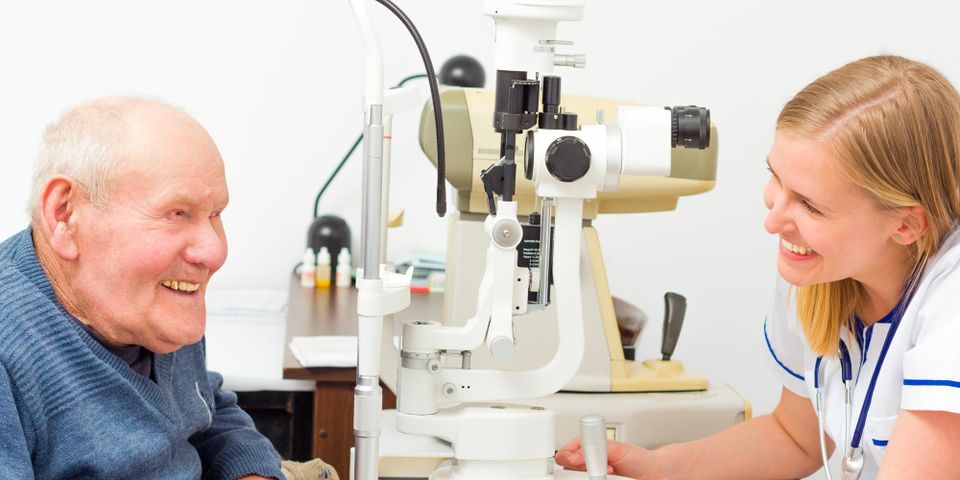
Glaucoma is a severe eye condition that can result in partial or complete vision loss. You can manage symptoms when it's caught early, which is why it's essential to understand this condition. Below is a helpful guide you can use or share with loved ones between visits to the eye doctor.
Causes & Symptoms
Glaucoma develops when pressure building up in the eye compresses and damages the optic nerve. The fluid in the eye, called aqueous humor, normally drains where the cornea and iris meet. Overproduction or poor drainage leads to the buildup that causes glaucoma. Open-angle and angle-closure are two forms related to drainage issues.
A third type, normal-tension glaucoma, has no definitive cause. It’s thought that reduced blood flow or a genetically sensitive optic nerve contributes to it. All forms usually manifest around age 60 and are the leading causes of blindness.
Glaucoma symptoms appear slowly and subtly. Patients may first only have headaches related to slight changes in vision and pressure in the eyes. Their eyes may become red or irritated, and eventually, blurriness, tunnel vision, and patchy blind spots in the peripherals will develop. You must see an eye doctor if you have the slightest concern that you may have glaucoma.
Treatment
 An eye doctor can’t stop glaucoma or restore vision, but they can slow it. Most will prescribe eye drops at first to help drain fluid from the eye and reduce pressure on the optic nerve. Oral medication can serve the same purpose.
An eye doctor can’t stop glaucoma or restore vision, but they can slow it. Most will prescribe eye drops at first to help drain fluid from the eye and reduce pressure on the optic nerve. Oral medication can serve the same purpose.
More extensive treatments include laser therapy and filtering to remove blockages and inserting drainage tubes to help the eye drain excess liquid. Your eye care professional may also recommend lifestyle changes to reduce pressure, including eating a healthier diet, exercising, and consuming less caffeine.
Prevention
First, know your risk. Patients aged 60 and over, who have a family history of glaucoma, or have extreme near- or farsightedness may be more likely to develop this condition.
You should see your eye doctor annually for a complete dilated eye exam and always wear eye protection to prevent injuries. Exercising may also reduce pressure on the eyes and improve circulation to prevent normal-tension glaucoma.
Contact Eric G. Stocker, OD of Amherst, OH, if you’re overdue for an eye exam. Dr. Stocker has welcomed patients for over 30 years and addresses several health needs, including cataracts, glaucoma, and corrective services. Visit his website to learn more or call (440) 988-4419 to schedule a checkup.
About the Business
Have a question? Ask the experts!
Send your question

